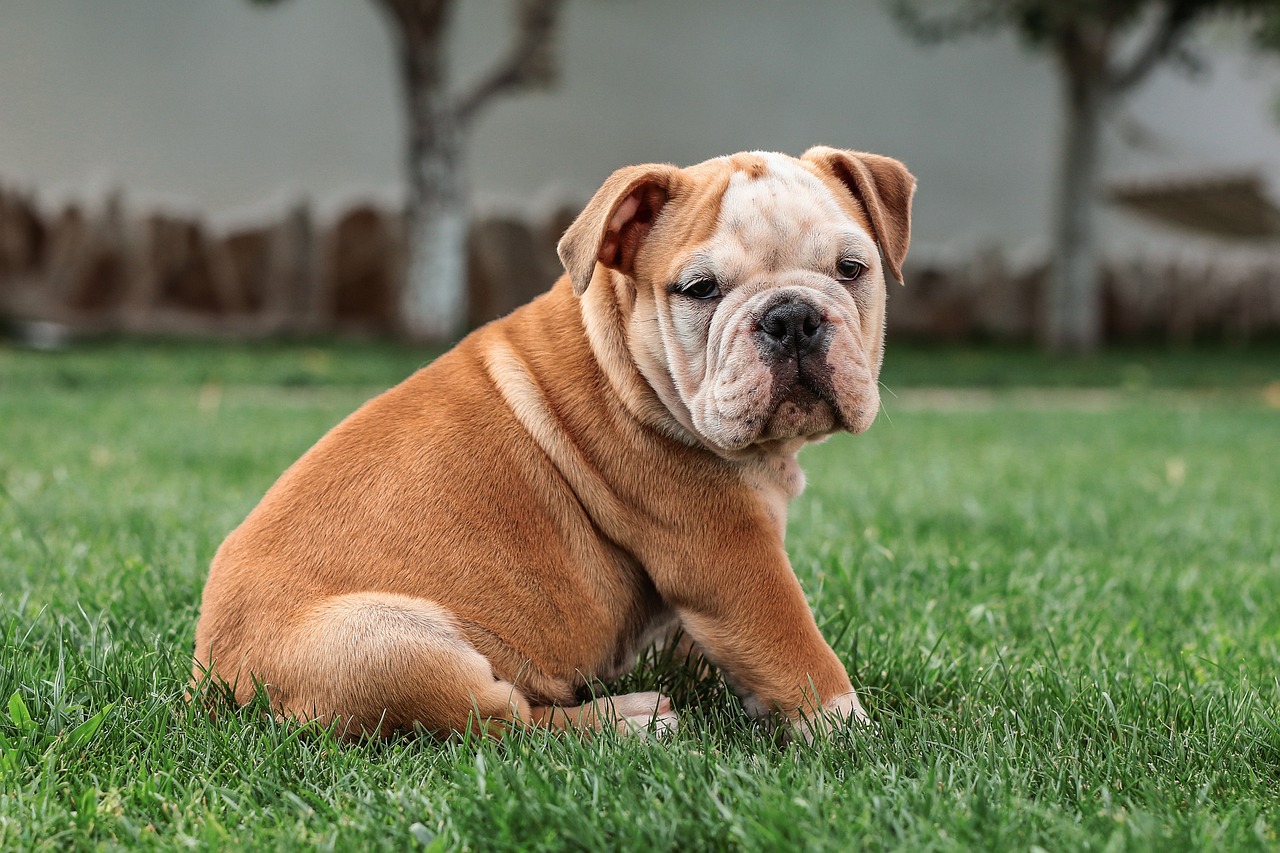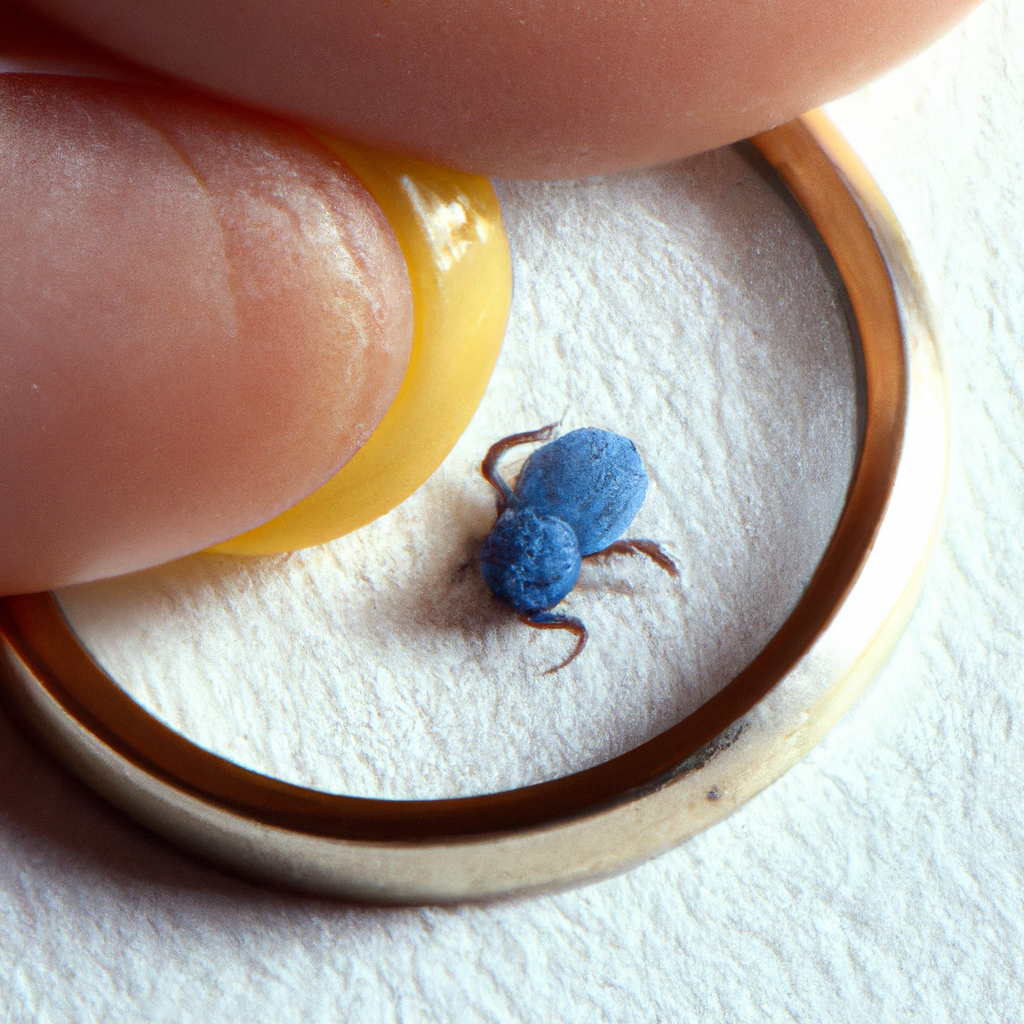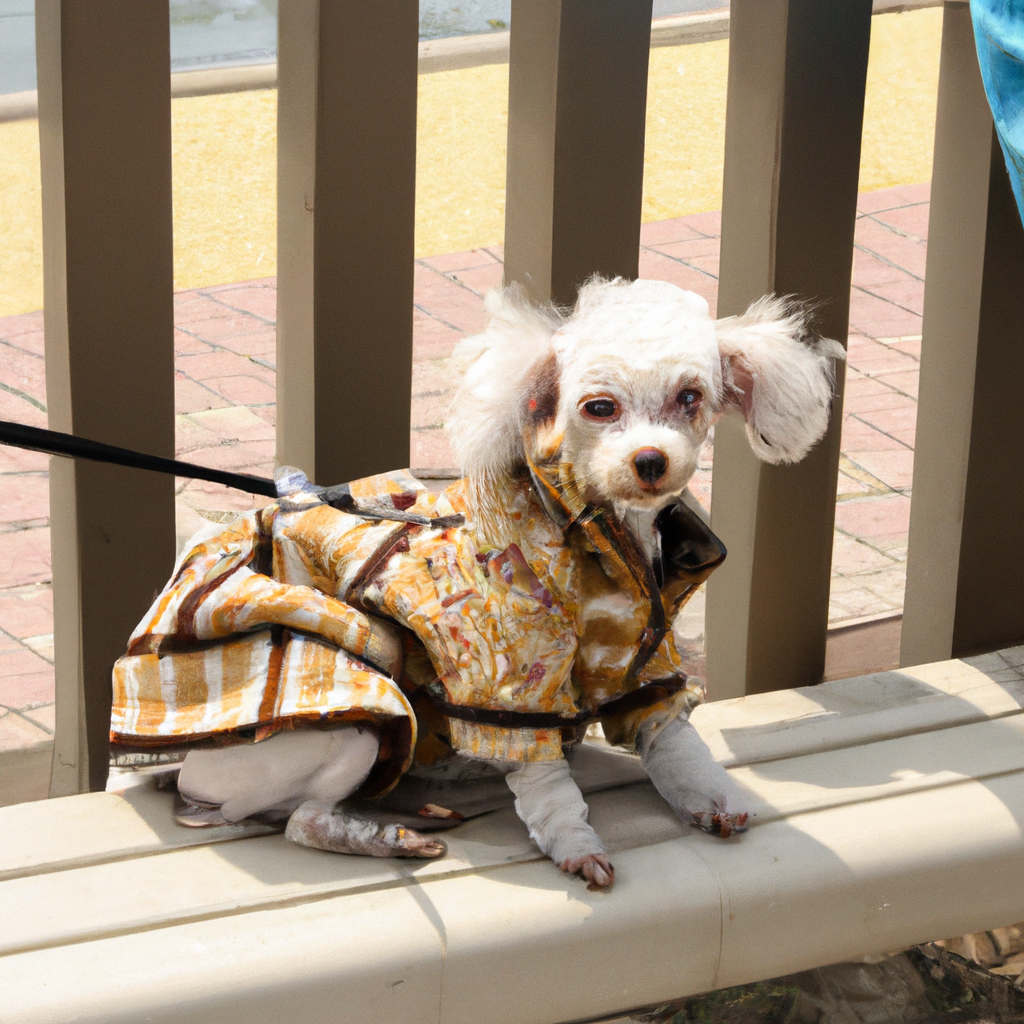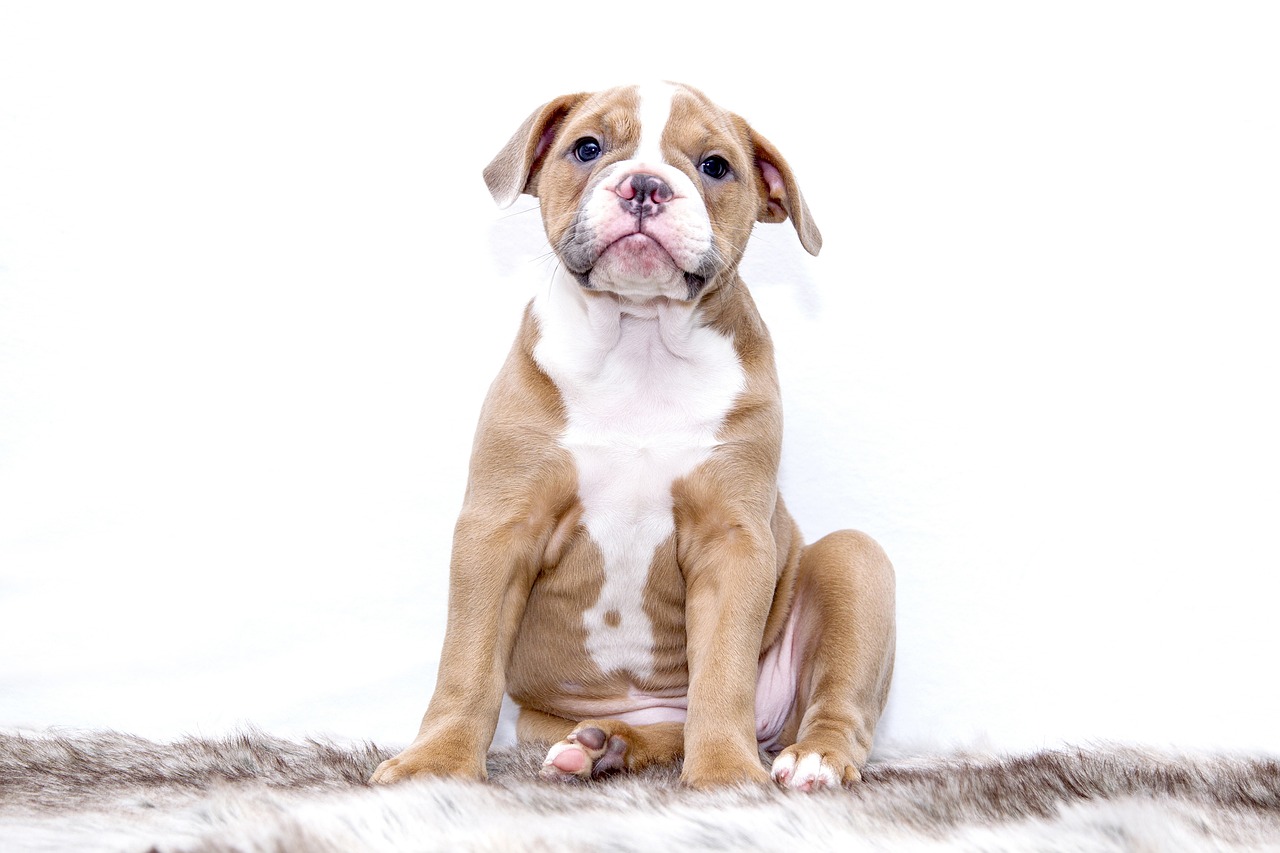Taking care of your dog’s paw pads is essential for their overall health and comfort. Just like our feet, their paws can experience wear and tear from daily activities, exposure to harsh surfaces, and changing weather conditions. Regular maintenance can prevent issues such as dryness, cracking, and infections. In this blog, we’ll discuss practical tips and techniques for effective paw pad care that every dog owner should know. Let’s explore in detail below.
Paw Pad Anatomy and Function
Understanding the Structure of Paw Pads
Dog paw pads are fascinating structures that serve multiple purposes. Composed of tough, thick skin, they are designed to provide insulation, cushioning, and traction. The pads consist of different layers: the outer layer is made up of keratin, which is a resilient protein that protects against abrasions and environmental factors. Beneath this outer layer lies a fatty tissue layer that acts as a shock absorber, allowing dogs to walk on various surfaces without discomfort. Understanding this anatomy helps us appreciate the importance of keeping these pads healthy and well-maintained.
The Role of Paw Pads in Mobility
Paw pads play a crucial role in a dog’s mobility and overall agility. They enable dogs to run, jump, and navigate different terrains with ease. The unique texture of the pads provides grip and stability, which is essential for activities like climbing or sprinting. When paw pads are injured or compromised due to wear and tear, it can significantly affect a dog’s ability to move comfortably. Therefore, ensuring their health is vital for maintaining an active lifestyle.
Common Issues Affecting Paw Pads
Several common issues can affect dog paw pads if not properly cared for. Dryness is one prevalent problem that can lead to cracking and discomfort. Additionally, cuts or abrasions from sharp objects can result in pain and potential infections if left untreated. Allergies may also manifest through paw pad irritation, leading to excessive licking or chewing. By recognizing these issues early on, pet owners can take proactive measures to protect their furry friends’ paws.
Regular Inspection Techniques
How to Inspect Your Dog’s Paws
Regularly inspecting your dog’s paws is an essential part of paw care. Start by gently lifting each paw and examining the pads for any signs of damage such as cracks or foreign objects lodged between the toes. Look closely at the nails too; they should be trimmed regularly to prevent overgrowth that can lead to pain or injury. Pay attention to any changes in color or texture as these might indicate underlying health issues.
Signs of Trouble to Watch For

When inspecting your dog’s paws, be vigilant for signs that may indicate trouble. If you notice excessive redness, swelling, or discharge from any part of the paw, it could signal an infection or allergic reaction. Limping while walking may suggest pain in the paws or legs; this should prompt further investigation into what might be causing discomfort. Additionally, if your dog starts excessively licking their paws, it could be a sign of irritation or an underlying issue needing attention.
The Importance of Routine Checks
Incorporating routine checks into your dog’s grooming regimen can help catch problems early before they escalate into more serious issues. Aim for weekly inspections where you not only check the condition of the pads but also assess the overall cleanliness of your dog’s feet after walks or outdoor playtime. This proactive approach allows you to address any concerns promptly while fostering a strong bond with your pet through regular handling.
Hydration and Moisturization Strategies
The Benefits of Hydrating Paw Pads
Just like human skin needs hydration, so do your dog’s paw pads! Keeping them moisturized helps prevent dryness and cracking that can occur from exposure to harsh weather conditions such as extreme heat or cold. Hydrated paw pads remain flexible and resilient against wear and tear from daily activities like running on concrete sidewalks or playing in rough terrain.
Choosing the Right Moisturizer
When selecting a moisturizer specifically designed for dog paws, look for natural ingredients free from harmful chemicals or fragrances that could irritate sensitive skin. Products containing shea butter, coconut oil, or beeswax are excellent choices as they provide deep hydration while creating a protective barrier against external elements. Always apply these products sparingly; less is often more when it comes to effective moisturizing.
How Often Should You Moisturize?
The frequency of applying moisturizer depends on several factors including your dog’s activity level and environmental conditions. For dogs frequently exposed to harsh surfaces or extreme weather conditions, applying moisturizer every few days may be beneficial. On milder days with less wear on their paws, weekly applications might suffice. Observing how your dog’s paws respond will help you determine an appropriate moisturizing schedule tailored specifically for them.
Protective Measures During Outdoor Activities
Choosing Appropriate Footwear for Dogs
While not all dogs will tolerate wearing booties, investing in high-quality footwear can significantly protect their paws during outdoor adventures especially in extreme weather conditions such as snow or hot pavement. Look for booties designed with breathable materials that allow airflow while providing adequate protection against sharp objects or rough terrain.
Avoiding Hot Surfaces
During hot summer months when pavement temperatures soar dangerously high, it’s essential to consider your dog’s comfort before taking them out for walks on these surfaces. To test if it’s too hot for their paws, place your hand on the ground; if you can’t hold it there comfortably for several seconds without discomfort then it’s likely too hot for your dog’s sensitive pads as well.
Managing Winter Conditions Effectively
Winter presents its own set of challenges regarding paw care due primarily to ice melting agents used on roads which can irritate sensitive skin leading potentially harmful reactions like chemical burns if not cleaned off thoroughly after walks outside! Regularly inspect their paws post-walks during winter months ensuring no ice balls have formed between toes while cleaning off any chemicals encountered along pathways taken outdoors!
Home Remedies for Minor Injuries
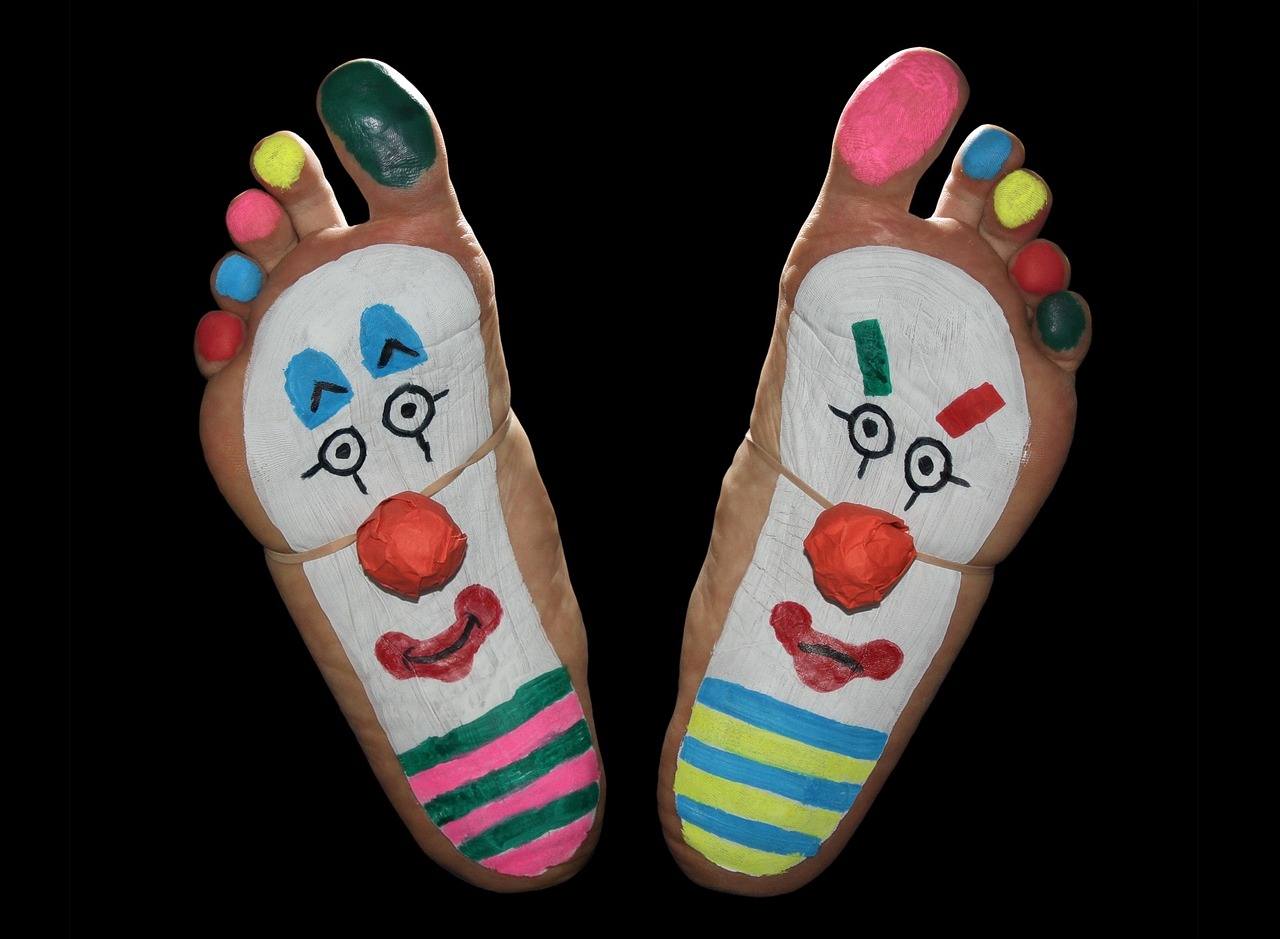
Treating Cuts and Scrapes at Home
If you notice minor cuts or scrapes on your dog’s paw pads after an adventure outdoors don’t panic! Cleanse gently using warm water followed by mild soap; pat dry carefully before applying an antiseptic ointment recommended by veterinarians specifically formulated safe use around pets! Keeping injuries clean promotes healing while preventing infections from developing further down road.
Natural Remedies for Irritated Pads
For cases where irritation arises due allergies seasonal changes consider using soothing herbal remedies known benefit soothing inflamed areas such chamomile tea bags steeped cooled applied topically directly onto affected area providing relief itching redness experienced! Always consult veterinarian prior introducing new treatments ensuring compatibility safety!
When to Seek Professional Help
While many minor injuries can be treated at home effectively some situations warrant immediate veterinary attention such visible severe lacerations bleeding profusely persistent limping following injury occurring even after rest periods! Never hesitate seeking professional advice whenever unsure about severity injury impacting beloved furry friend!
Nutritional Support for Healthy Paws
The Role of Diet in Paw Health
A balanced diet plays a critical role in maintaining healthy skin including those delicate paw pads! Nutrients such Omega-6 fatty acids found fish oils contribute overall skin condition promoting elasticity moisture retention keeping those precious paw-pads looking fabulous feeling great all time long!
Supplements That Can Help Maintain Healthy Skin
In addition proper nutrition consider adding supplements specifically targeting skin health improving coat condition reducing chances developing dryness cracks occurring within those precious little feet! Consulting veterinarian recommend suitable options ensure compatibility alongside existing dietary regimen!
The Importance of Hydration Beyond Moisturizers
Staying hydrated internally impacts external appearance beyond topical applications ensuring optimal function throughout body including healthy regeneration cells necessary repairing damaged tissues promoting quicker recovery time injuries sustained during playtime adventures together!
Professional Grooming Services Overview
The Benefits of Regular Professional Grooming Visits
Utilizing professional grooming services offers numerous benefits extending beyond just aesthetics ensuring thorough cleaning examination performed regularly addressing any potential issues overlooked during routine home inspections! Groomers trained recognize signs trouble providing valuable insights guidance necessary keep those furry friends feeling fabulous!
Selecting a Qualified Groomer Near You
Finding reputable groomers requires research asking fellow pet owners recommendations checking online reviews assessing credentials training backgrounds ensuring they adhere best practices safety protocols while handling beloved companions during appointments scheduled regularly throughout year!
During professional grooming sessions expect various services offered including nail trimming ear cleaning bathing brushing fur removing tangles knots maintaining overall hygiene promoting comfort through careful attention paid individual needs unique personalities showcased adorable pups we love dearly!
In the final part
As we conclude our exploration of dog paw care, it becomes clear that understanding the anatomy and health of paw pads is essential for every pet owner. By implementing regular inspection techniques, hydration strategies, and protective measures during outdoor activities, you can ensure your dog’s paws remain healthy and comfortable. Additionally, professional grooming services can further enhance their well-being. Caring for your dog’s paws is a vital aspect of responsible pet ownership.
Additional helpful references
1. Consult your veterinarian for personalized advice on paw care.
2. Look for reliable pet care websites that provide tips on grooming and health maintenance.
3. Join local pet owner groups to share experiences and recommendations about paw care products.
4. Read books on canine anatomy and health for a deeper understanding of your dog’s needs.
5. Attend pet workshops or seminars that focus on grooming and overall pet wellness.
Summary and conclusion
In summary, maintaining the health of your dog’s paw pads is crucial for their overall mobility and comfort. Regular inspections, proper hydration, and protective measures during outdoor activities are key components of effective paw care. By staying informed about potential issues and seeking professional assistance when necessary, you can help keep your furry friend happy and active. A proactive approach ensures that their paws remain in optimal condition, allowing them to enjoy life to the fullest.
